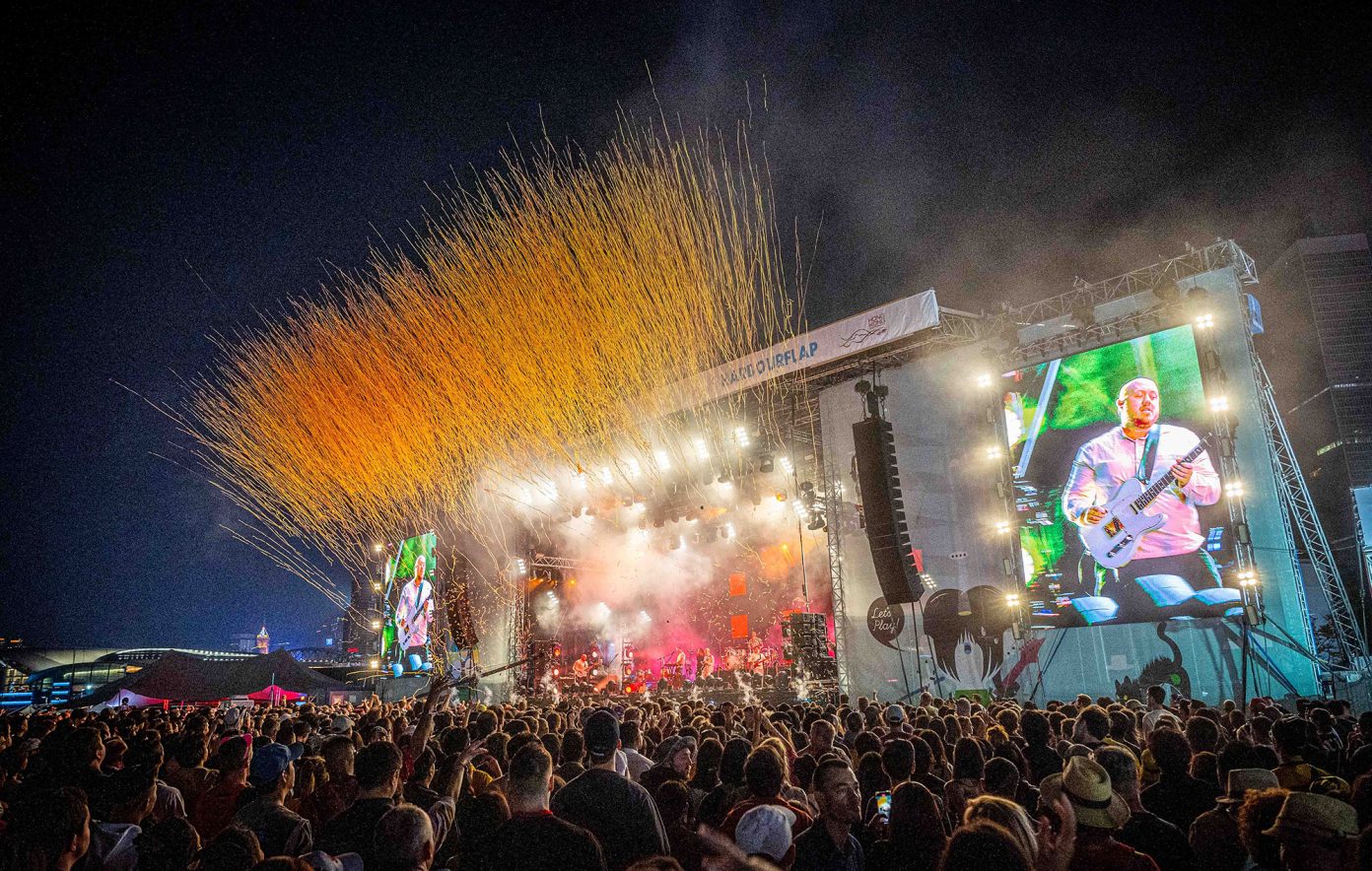 For years, the future of the destination management company (DMC) has been viewed with doom and gloom. Various DMCs report that clients are increasingly approaching them for original ideas, only to take these ideas and book directly with the supplier.
For years, the future of the destination management company (DMC) has been viewed with doom and gloom. Various DMCs report that clients are increasingly approaching them for original ideas, only to take these ideas and book directly with the supplier.
But does this mean the death of the DMC? Definitely not!
The reason DMCs are being overlooked stems from a misguided effort by companies and event organisers to be more competitive. They feel that by cutting out one ‘link in the chain’ so to speak, they are able to make considerable savings.
Often, the end consumer just isn’t aware of the DMC’s key role. Worldwide procurement negotiations by international hotel chains motivate corporates to book hotels themselves, as they may get rewarded for doing so or enjoy preferential rates with a supplier.
Only afterwards do clients realise that there is more to just booking a hotel when it comes to a successful trip, meeting or event.
The trick to addressing these misconceptions is to emphasise your value as a DMC. Here are 10 areas to cover when doing so:
1. Price
Although the DMC should mainly show their value through service, it doesn’t hurt to be able to offer a competitive price. Most DMCs have long-standing supplier relationships and can negotiate interesting prices for clients.
2. The hotel experience
When organising an event, it doesn’t suffice to simply book a certain number of rooms. Do you know who wants to share a room with who? Are you prepared for the extra cost of porterage fees? Do you know how to handle check-in efficiently as hundreds of delegates arrive at the same time? A good DMC will handle all of this.
3. The restaurant experience
Companies might have done their research on what the best restaurants are at their destination, but does the restaurant offer the capacity to accommodate the entire group? A DMC should be able to recommend the best accommodation and restaurants with the right capacity and standard.
4. Venue
The venue can have all the attributes and aesthetics on paper, but real peace of mind comes from knowing that the DMC will pre-check all the venues for meals, excursions and other amenities to make sure they live up to the expectations.
5. Transport
Do you know from where to source local transportation for a group? A DMC will have the local know-how and will tell you exactly where to source the most reliable buses or other transport.
6. Entertainment
Stand-up comedy, dance acts, motivation speakers or illusion shows – do you know which of your destination’s entertainment options are best? The DMC will know what to chose depending on the evening’s requirements.
7. By-laws
Certain destinations, such as Africa, impose rules and by-laws for outdoor events. The DMC will be aware of these and can help you plan accordingly.
8. Culture and history
Can you help answer delegates’ questions about the history and local customs of the destination to which you are heading? A good DMC has this information at their fingertips.
9. Guides
Guides are not hard to find: there are local tour guides offering their services at every corner of every street in many destinations. A good DMC will be able to vet and suggest quality guides.
10. Handling emergencies
Does one of your delegates fess up at the last minute that she is a vegan? Do you need to organise a last-minute teambuilding event? Did the venue cancel? A DMC is a one-stop shop for all requirements pertaining to an incentive trip, meaning they’re the ones to turn to when you’re working against the clock.
Henk Graaff is managing director of SW Africa Destination Management, a South African-based destination management company.


